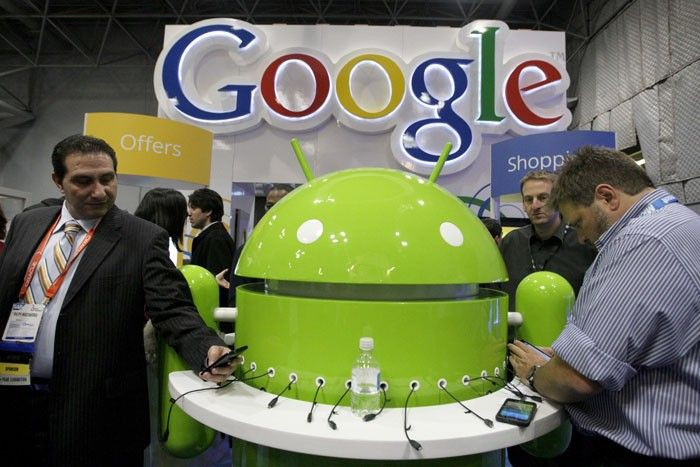Google's New Privacy Policy With 60 Unified Services: Why the Freakish Response?

Internet search engine giant Google has announced that they plan to unify almost 60 services (such as Gmail, YouTube, Calendar, Docs, Google+, Google Search, Google Maps, etc) to provide a simpler and more intuitive Google experience under one privacy policy. Chrome browser, Google Books and Google Wallet are excluded from the unified services.
Simpler and More Intuitive Google Experience
This new privacy policy and terms of service of Google will be effective from coming March. It will be based on users agreement and upon signing up, google will combine and analyze the personal information from all its services and personalize Gmail, YouTube, Search, etc to give people a superior user experience. Google is also in the process of making customized Google products and ads which are more relevant to each user's tendency and interest on web search.
Our new Privacy Policy makes clear that, if you’re signed in, we may combine information you've provided from one service with information from other services. In short, we’ll treat you as a single user across all our product, wrote lma Whitten, Director of Privacy, Product and Engineering in Google Blog.
There's so much more that Google can do to help you by sharing more of your information with … well, you, Whitten wrote. We can make search better—figuring out what you really mean when you type in Apple, Jaguar or Pink. We can provide more relevant ads too. For example, it's January, but maybe you're not a gym person, so fitness ads aren't that useful to you. We can provide reminders that you're going to be late for a meeting based on your location, your calendar and an understanding of what the traffic is like that day.
We Don't Sell Your Personal Information
As for controversy over its privacy issue, Google said, What we’re not changing. We remain committed to data liberation, so if you want to take your information elsewhere you can. We don’t sell your personal information, nor do we share it externally without your permission except in very limited circumstances like a valid court order.
But Fear Over Google Control Remains
But negative reaction on this change has risen. Google built its reputation, and its multibillion-dollar business, on the promise of its 'don't be evil' philosophy, Gizmodo reported. And now it's pulling the stakes out, collapsing it. It gives you a few weeks to pull your data out, using its data-liberation service, but if you want to use Google services, you have to agree to these rules. It has a point to note too.
Already, Started
But, in a way, Google has already begun showing the sign of unification, according to PCWorld
Some of what Google is describing has already been in place for some time. When you sign-in to Gmail, for example, Google automatically signs you into Calendar, Docs and search on that same account. YouTube, until only recently, was treated as a separate account. Google has also been using automated tools to scan the text of your e-mails to serve you what it thinks will be relevant ads (but are often anything but). The biggest difference is that now Google will collate all that data so that it can serve you ads, improve your search results and surface your own data when you need it, PCWorld said.
How to Stop Using Google's New Service
According to Google's data liberation policy, users can go back to old format by pulling out all information and closing their Google account. But it is true that smartphone users based on Google's Android seems to have less option.
Google has become a watch-out-for tech company especially as it battles head-to-head with Apple in the mobile OS market. Google was also in the news for topping the list of tech companies that spent the most for lobbying in the U.S. Congress. And, now the unified service and new terms of service are drawing attention to privacy issues and the debate whether Google is adhering to its don't be evil corporate culture.
However, at the end of it, it is give and take - if users allow Google to have more controls, Google will give offer precise but simpler services with customized ads. Is it very different from Facebook, which allows users to take a sneak peek into others' lives?
© Copyright IBTimes 2024. All rights reserved.




















